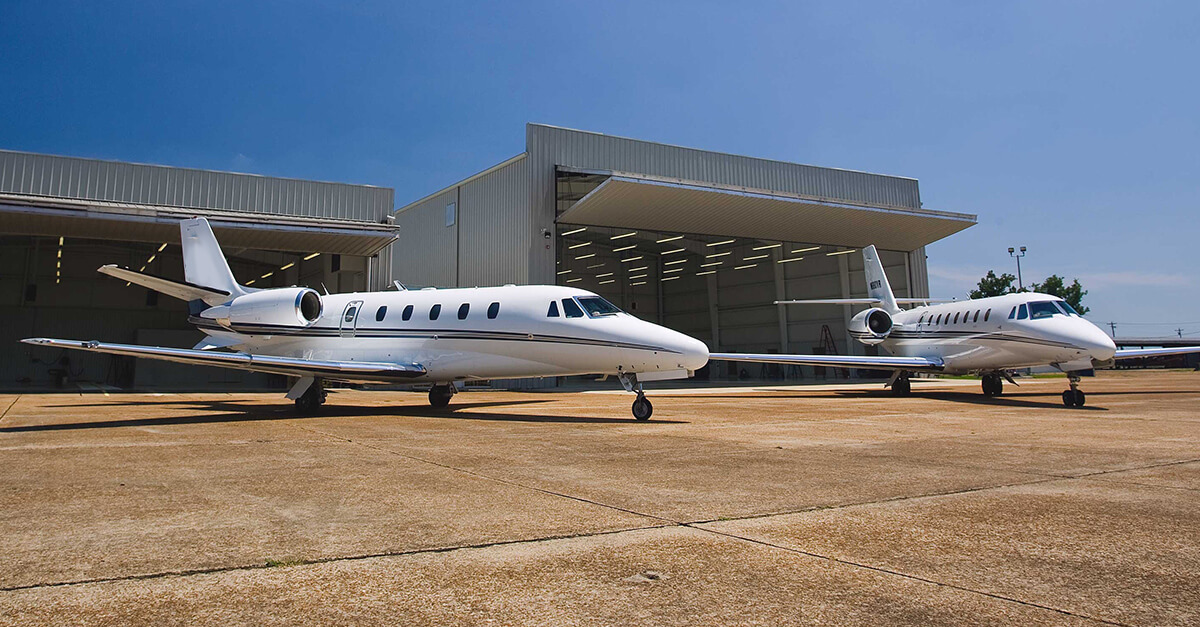
April 2, 2020
Shelter-in-place, or “stay-at-home” orders – now issued by 30 states and a growing number of localities – directly impact 75% of all Americans, restricting activities to essential needs only, such as grocery shopping and seeking medical attention. These orders also are having a direct negative impact on flight schools and other small aviation businesses.
After several San Francisco Bay-area counties enacted shelter-in-place orders in mid-March, many flight schools simply closed their doors until the orders are lifted. As more localities and states enact stay-at-home orders, more flight schools face difficult business decisions.
Flight school closures directly impact flight instructors, many of whom are paid by the hour and only for actual instruction time. Simply put, a closed flight school means no pay for flight instructors.
Stay-at-home orders also impact fuel sales, with March sales at most FBOs only a fraction of typical sales for the month as a result of an overall drop in general aviation flying. One independent FBO owner reported March fuel sales were down 95%.
Most shelter-in-place or stay-at-home orders do not directly address general aviation operations. Some pilots continue to fly, contending that if they are flying alone, they are maintaining social distancing guidelines recommended by the Centers for Disease Control and Prevention and other medical authorities.
However, most general aviation flights would not be considered “essential,” unless a pilot is transporting medical supplies or conducting other necessary activities. Some state and regional groups are seeking clarification that maintaining currency for the purposes of future relief flights, including transporting medical equipment or personnel, is “essential” and compliant with the stay-at-home orders.
Some localities and states recently extended shelter-in-place or stay-at-home orders through April 30, in accordance with updated federal guidance to maintain social isolation until May 1, and most other localities are likely to follow, further extending the challenges for flight schools and other small aviation businesses.
The recently passed Coronavirus Aid, Relief and Economic Security (CARES) Act provides financial assistance to small businesses impacted by COVID-19. Business owners and managers should review NBAA’s Key Provisions for General Aviation Businesses in CARES Act to determine their eligibility and learn more about the process.


 International Business Aviation Council Ltd.
International Business Aviation Council Ltd.